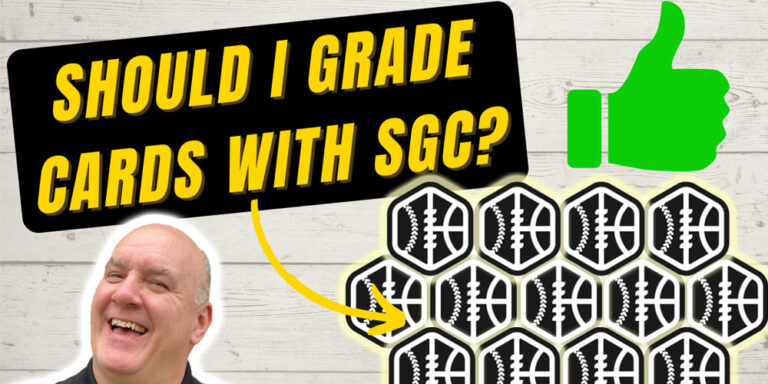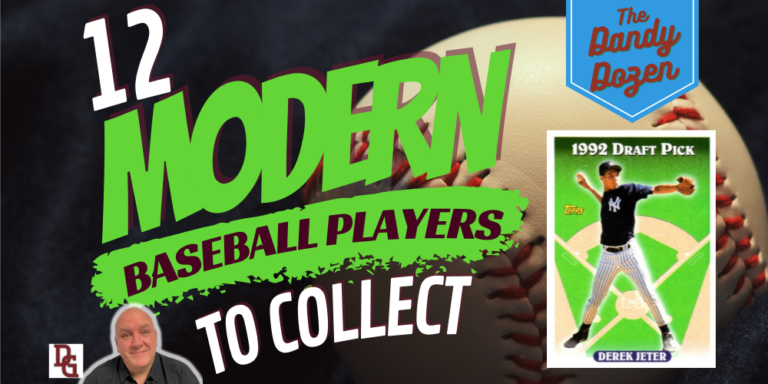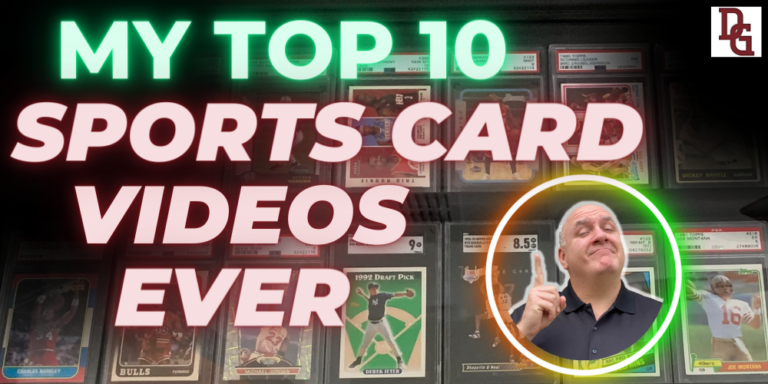I was just telling my wife the other day, “You are so perfect for me! … Well, close to perfect … Like, there are just a couple things I’d change … I mean, just like four things, really.” So while I was picking my teeth up off the ground, I had some time to think …
If I Were King: 4 New Fantasy Baseball Rules
I was just telling my wife the other day, “You are so perfect for me! … Well, close to perfect … Like, there are just a couple things I’d change … I mean, just like four things, really.”
So while I was picking my teeth up off the ground, I had some time to think about what’s really important – Fantasy Baseball. And since I was already on the subject of perfection, why not think of some ways to make the game even more perfect.
Since we’re into the early part of the season now, and you can only read so much about which players you should stick with and which ones you should prematurely dump, I thought I’d share this. Here are a few thoughts on how to make our game even better with some new Fantasy Baseball rules.
If I were Fantasy King …
If it were up to me, Head-to-Head Fantasy Baseball would be pushed off the side of a cliff. I play it with some friends, but it’s by no means my preference. Let’s be honest – the only reason there is Head-to-Head Fantasy Baseball is to appease the Fantasy Football players that can’t do simple long division (ERA).
My first order of business as the new king of Fantasy would be to outlaw Head-to-Head play. Yeah, it’s understood that there are nuances to the strategies, and there are plenty of variations to this scoring system, but Head-to-Head play should be reserved for the meathead Fantasy Footballers (of which I’m also a card-carrying member).
And while I’m complaining about Head-to-Head, let’s talk a little about the points system. Home runs should be worth three points, at most. Why, you say, that’s as much as a triple!!! Yeah, but a home run works out to be worth six points in most scoring systems (HR worth 4 pts, RBI worth one pt, Run scored worth one pt). No more deducting for strikeouts and no more points for walks (except when we’re talking pitchers). There should be no reason you should cheer for your player to get a walk.
Why were smart people so dumb?
When the brainiacs (Daniel Okrent, Glenn Waggoner and Co.) came up with the Rotisserie game three decades ago, they missed a couple simple points. But since they were intellectuals, you can only assume they were too smart for their own good.
For instance, why would a Fantasy team that came in last in a category still get one point? That makes no sense. “So if my team records zero saves, none whatsoever, I’ll still get one point in the saves category? That’s like giving me a trophy just for participating.”
Don’t worry, we won’t throw the points system off completely. When a team wins a category, they should get two Rotisserie points. You should always reward someone for coming in first appreciably more than someone who didn’t, just like in NASCAR. And really, if we can’t learn from NASCAR, who can we learn from?
Rule Change No. 1: Teams that come in last for a category should get zero points. And teams that win a category will get two points.

Lonely are the –only’s
Old school Fantasy players should be happy enough that I’m eliminating Head-to-Head play. Now they’ll have to deal with eliminating AL- and NL-only Fantasy play. There’s no reason Seth Smith should be on a Fantasy roster. That’s like having girls play on your Little League team (yeah, I said it!)
Rule Change No. 2: Mixed leagues –only!
My problem with AL- and NL-only teams is that it seems like your fate is decided one month into the season after one star player goes down. Then it’s five months of catch-up for sixth place. At least if it’s mixed, you have a chance for a revival.
Mixed leagues only. I can already hear some of you, “Geez, drafting a mixed league team is like owning an All-Star squad!” Settle down. The last time I looked, Jim Johnson was no All-Star.
If you have issues with the rosters, just add more owners to your league. A 15-team (uneven is OK in Rotisserie!) is perfectly acceptable.
How can we make closers not suck?
| Last year’s Top 11 SHLuBS |
| Jose Valverde, DET 45 John Axford, MIL 42 J.J. Putz, ARI 39 Mariano Rivera, NYY 37 Drew Storen, WAS 38 Craig Kimbrel, ATL 35 Jonny Venters, ATL 34 Heath Bell, MIA 34 Joel Hanrahan, PIT 32 David Robertson, NYY 32 Francisco Rodriguez, MIL 32 |
In all of Fantasy sports, there is no other position that completely owns just ONE category, like relievers own saves. Fantasy hockey comes closest with goalies, but even then, they usually own several categories, like starting pitchers.
And then, on top of the problem, closers are the most volatile, so within just a few weeks, a top-15 reliever in spring could be deemed obsolete after a manager gives him the permanent hook.
Rule Change No. 3: Replace the Saves category with SHLuBS.
One of my best “new Fantasy Baseball rules” is — add more players to the player pool. Make ALL relievers valuable by combining saves and holds into one supercategory: SHLuBS ((Saves + Holds) – (Losses + Blown saves)). This deepens the talent pool considerably, eliminating the possibilities of sinking your team with one bad choice at reliever.
Setting lineups should be twice as nice
An injured quarterback in the first quarter really only costs a Fantasy Football owner for, well, three quarters. But if you lose a player in Fantasy Baseball on Monday night – that just cost you for six, sometimes seven games, until you can change your lineup the next Monday.
Why not just have lineup deadlines on Mondays and Fridays every week? So, at most, an injured player only costs you four games.
Rule Change No. 4: There will be two lineup deadlines per week, not one.
Below-average two-start pitchers are becoming Fantasy Baseball’s version of the goal-line vulture running back. These lineup deadlines squash them like a Fantasy bug.
This would also work well in Head-to-Head leagues. Ideally, you could make a Head-to-Head Fantasy win worth three points in the standings. After 18 regular season weeks or so, you’d have records closer to the 162-game records real MLB teams use.
You might not agree with all these rule changes – or even any of them, for that matter. But maybe they’ll make you think of other new rules!








